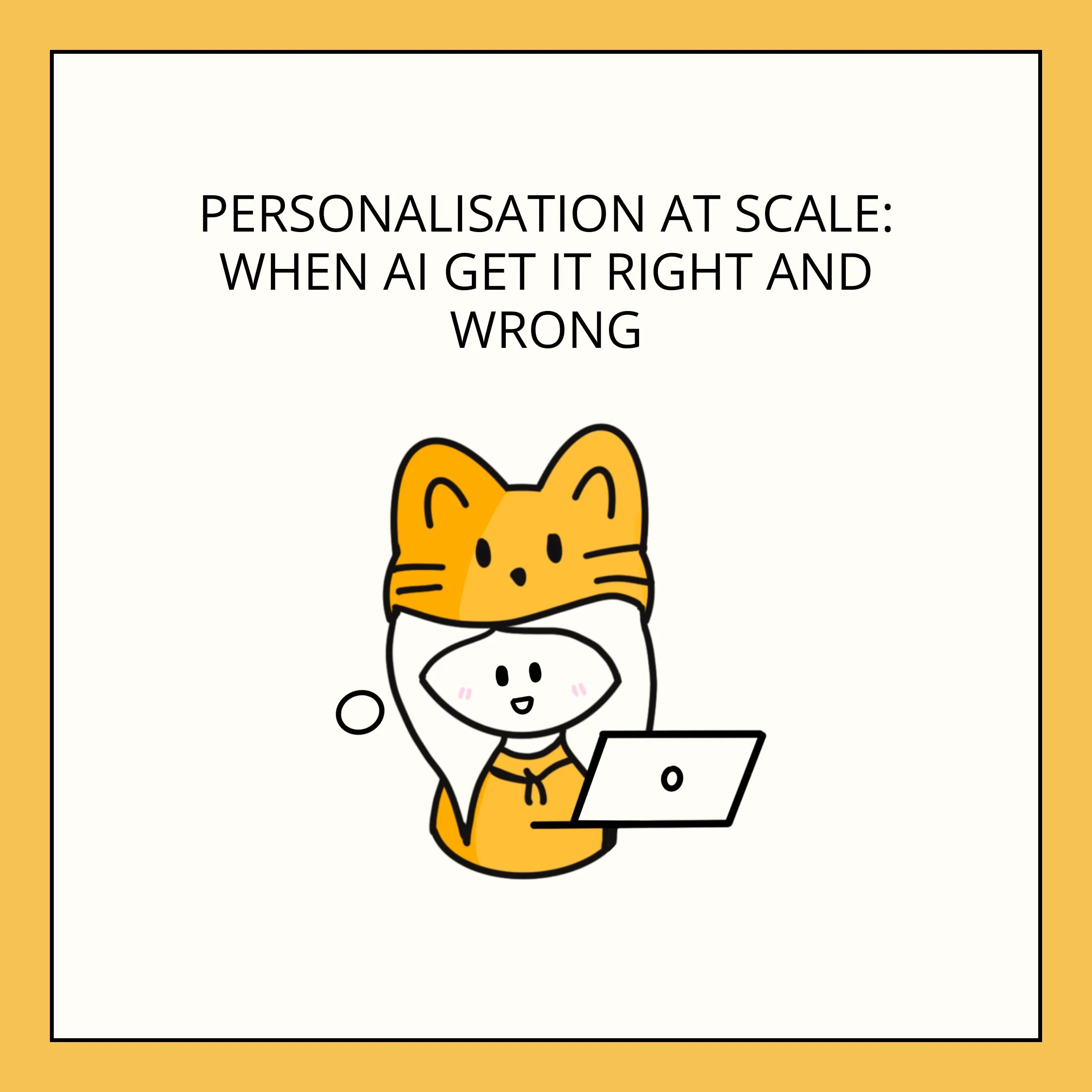Building a Second Brain
Image by Robina Weermeijer
Have you ever feel that your memory is getting worse as you age? I did felt that my memory is getting worse as I grow older. I can't seem to store more information now, also I no longer have the energy or bandwidth to do that. Hence, I have been exploring methods to improve my memory. Last year, I came across a new concept - building a second brain. I would highly recommend that you watch this video to have an understanding of what a second brain is before reading further.
What is a second brain?
It's a personal knowledge management system using digital notes.
10 Principles of a second brain
1. Borrowed Creativity
Creativity does not mean original. It's a remixed of ideas or existing knowledge. You may inject your ideas or perspective into the knowledge and present it may be in your style.
2. The Capture Habit
If an idea flashed into your mind, write it down immediately. Your brain will not remember as time passes by.
3. Idea Recycling
Reusing ideas.
4. Projects over Categories
Sort information in terms of projects that you are working on
5. Slow Burns
Accumulate information over a long period.
6. Start from abundance
Don't start with a blank page. You can use the notes that you have made over the last few years and create something out of them.
7. Intermediate Packets
Break down your work into smaller doable mini-projects.
8. You only know what you make
Engage with the material, you will be much more familiar with the content.
9. Make it easier for your future self.
Create a resource or library for your future self. You can always refer to your notes if you need a refresher.
10. Keep your ideas moving
You will get stuck or face a mental block. That's ok. You can always work on other ideas first. Go with the flow of learning, creating and sharing your experiences. Most importantly, apply the knowledge to yourself too.
Why did I start to build a second brain?
Liked I had shared earlier, I found it hard to recall some of my memories and sometimes memory is not reliable too. I thought it was a good idea to build an external library that I can use as a refresher in the future. Hence, I decided to build my own second brain.
How is my experience so far?
It was a good move to have a second brain. I can take down my ideas when it flashes into my mind. Now, I have a list of ideas. I can always choose one of them to write about if I face a mental block. On top of that, I do find it easier to keep my notes, and then translating these notes into useful tips to apply to my own life.
The most important lesson that I learnt from building a second brain is learning to build a system. It is important to create a system that works for you. The second brain is a concept, but you have to tweak it to make it easy for yourself to follow through. For example, capturing ideas, I am using Notion to build my second brain. Notion is a note-taking app that is available on both desktop and phone. I can always take down ideas by keying them into my phone. I do not need to squeeze my brain juice to recall what was the idea that I had earlier.
So far, the second brain has helped me to easily create content for my blog, keep track of my ideas, and also keeping some of the ideas on a slow burn. Yes, I am sitting on some ideas, as I do not know how to translate them into advice or tips for myself yet. Hence, having it digitally, make it easier for me to refer and/or fine-tune the materials in the long run.
Who would I recommend this to?
Honestly, I would recommend everyone, especially students, to build their own second brain. Memory is not reliable all the times. It would make studying easier too when you have your notes with you. Moreover, some of these notes may be helpful to your career too.
In conclusion, building a second brain is useful in the long run.
x, Esther
Other reading materials on the Second Brain:
Share this post!











